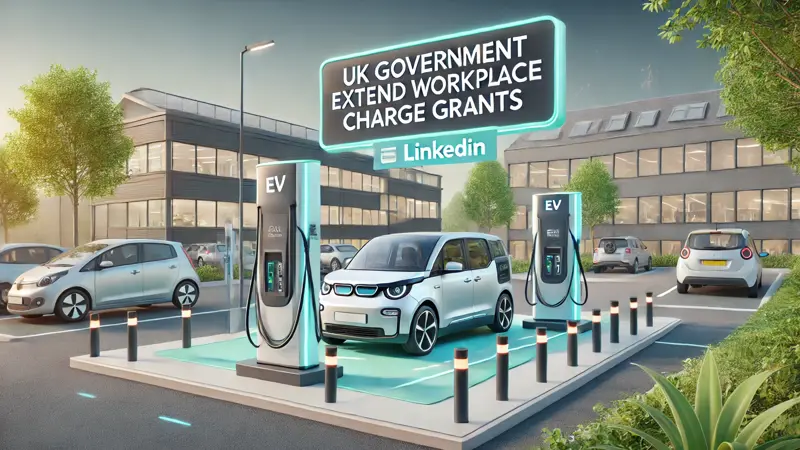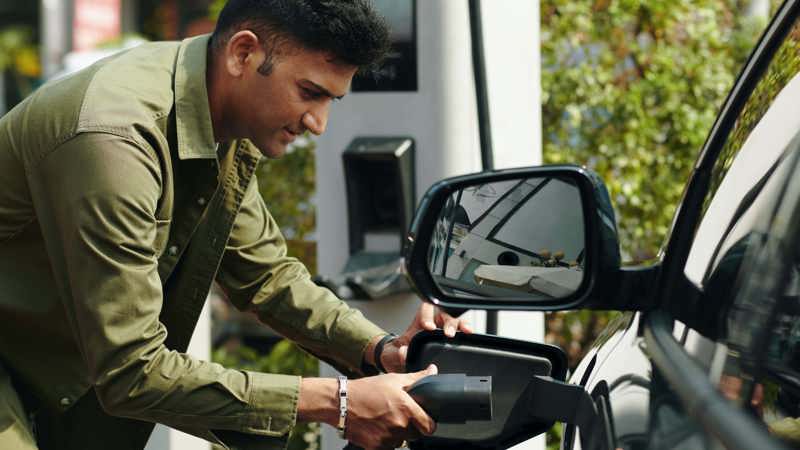
World EV Day: Celebrating Industry Wins and a Look At The Future
Today is World EV Day!
With its first celebration coming four years ago, the day offers a chance to look back on the tremendous work the EV industry has done over the past year and beyond, and to evaluate its role as the future of transportation.
In this blog we’re looking to show off some of the biggest and best of EV achievements and news throughout the year, taking a look at what the industry has achieved so far.
But while we celebrate the wins, it’s important that we remember the reality of the work needed to keep the industry competitive, and to make sure we continue to be on the right side of change in providing a sustainable transport network that’s fair and easy to use for all.
With that in mind, here are a few of the industry’s biggest wins in 2023 to date.
Climate Impact
We all know the severity of the challenge we’re facing in saving our planet. Offsetting global emissions is finally being recognised as a necessity, not a choice, in securing our future.
And while headlines continually remind us (and rightly so) of the scale of the task ahead of us, it’s important we highlight what the industry has been able to achieve so far.
EVs are estimated to use between 50-70% less emissions than the average ICE vehicle, and with a projected sales figure of 14 million units said to be hit by the end of the year, the scale of the environmental impact is massive.
Using these figures, the value of Co2 emissions set to be saved compared to if those 14 million sales were ICE cars is approximately 26 million tonnes. That’s a greater number than the annual emissions of 114 countries as of 2020.
Although these numbers don’t yet stand up to that emitted by some of the world’s largest polluters, the scale of the reduction highlights just how much potential the EV industry has - if it continues to focus on user experience and grow with a conscience.
UK Net Zero
While not necessarily hot off the press, organisations across all sectors have made headway in electrifying their fleets in anticipation of the 2030 ban on the sale of new ICE vehicles.
Clenergy has had the opportunity to work with sector leaders such as Nottingham City Council in aiding the electrification of over 50% of their 500 vehicle fleet, creating a blueprint ready to be replicated across the industry as they look set to reach their 2028 target for net zero emissions.
Creating a Vehicle Loved By Its Users
Of course, its potential as a sustainable fuel alternative is one of the key pros of EVs.
But without collaborating to create a product that consumers love, the reduction in carbon emissions would be just talk, without the numbers to back it up.
Recent surveys of EV drivers consistently reflect the same thing - EV drivers love their cars but they don’t love charging. It’s something stronger regulation such as the updated government guidelines and software can help resolve.
Despite the overwhelmingly positive reaction to the cars themselves, charging infrastructure (in the UK especially) is letting users down. A survey by SMS cited that currently, 70% of those UK drivers surveyed felt that there weren't sufficient charging options where they lived.
Software offers an easy resolution to this, with OCPP-compliant providers offering access to as many as 300,000 chargers across the UK and Europe through open charging networks. And that number is only likely to grow, as pressure is placed on charging syndicates to open up charging for all, and allow for the changing of providers depending on the needs of users.


